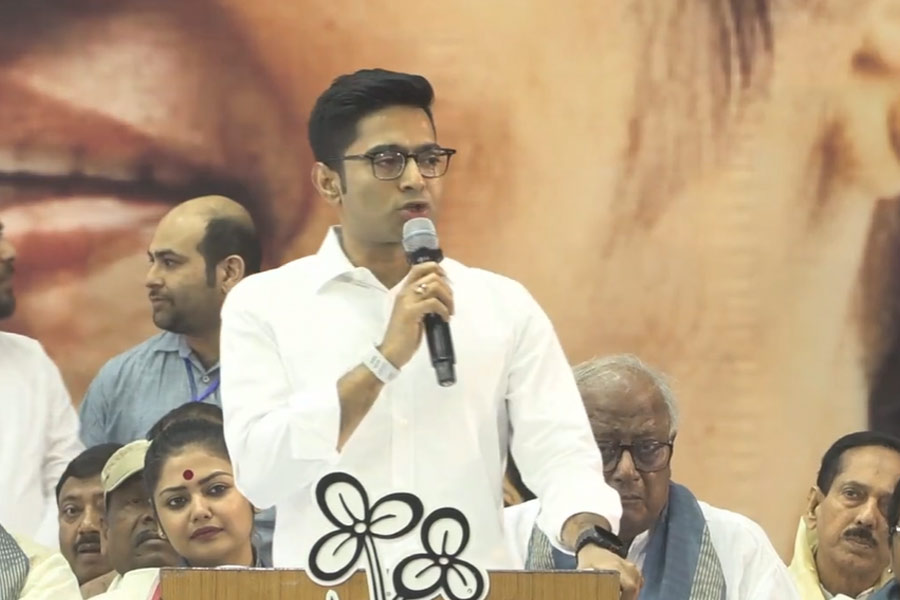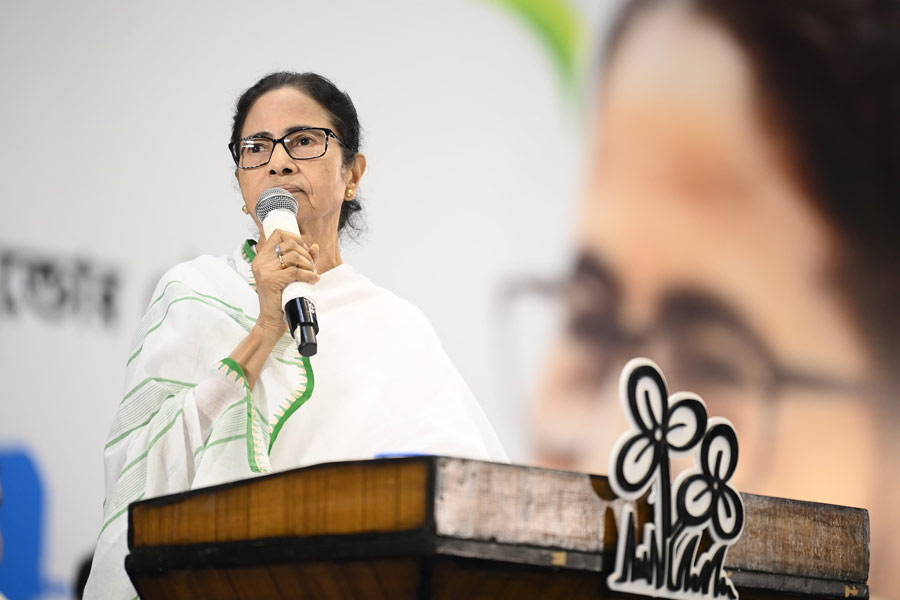The All Assam Students’ Union (AASU), in a petition to the Supreme Court on Friday, said the Citizenship (Amendment) Act 2019 would violate the 2007 United Nations Declaration on the Rights of Indigenous Peoples and that the State is duty-bound to protect indigenous people from forceful assimilation or destruction of their culture.
AASU president Dipanka Nath and general secretary Lurinjyoti Gogoi said in the petition that all those who had entered Assam from Bangladesh after March 24, 1971 as per the 1985 Assam Accord should be treated as illegal migrants.
The Citizenship (Amendment) Bill, which received presidential assent on Thursday, says citizenship will be accorded to non-Muslims who have entered India till December 31, 2014 from three neighbouring countries.
The General Assembly adopted the United Nations Declaration on the Rights of Indigenous Peoples in 2007.
According to Article 8 (1) of the resolution, “Indigenous peoples and individuals have the right not to be subjected to forced assimilation or destruction of their culture.”
AASU said the citizenship act is “unreasonable”, “arbitrary”, “illegal” and thus, “violative of Article 14” of the Constitution. “The act has been passed under extraneous political considerations and is in derogation of the rights of Indian citizens living in the state of Assam,” the students’ union said.
Article 8 (2) of the resolution says: “States shall provide effective mechanisms for prevention of and redress for
- Any action which has the aim or effect of depriving them of their integrity as distinct peoples, or of their cultural values or ethnic identities;
- Any action which has the aim or effect of dispossessing them of their lands, territories or resources;
- Any form of forced population transfer which has the aim or effect of violating or undermining any of their rights;
- Any form of forced assimilation or integration;
- Any form of propaganda designed to promote or incite racial or ethnic discrimination directed against them.”
The northeastern states fear that through the amended citizenship act the illegal Bengali Hindu migrants from Bangladesh will get citizenship, which will threaten cultural and linguistic identities of indigenous people of the region.
According to Article 10 of the resolution, “Indigenous peoples shall not be forcibly removed from their lands or territories. No relocation shall take place without the free, prior and informed consent of the indigenous peoples concerned and after agreement on just and fair compensation and, where possible, with the option of return.”
Congress petition
The leader of the Opposition in the Assam Assembly, Debabrata Saikia, along with the MP from Barpeta Abdul Khaleque and Mariani MLA Rupjyoti Kurmi, challenged the Citizenship (Amendment) Act in the Supreme Court on Saturday.
While drawing the attention of the SC to the blatant attempt to nullify the sanctity of Assam Accord, the petition also highlighted alleged contradictions in the Act with the provisions of Articles 14 and 21 as laid down in the Constitution, a statement by Saikia said.
The petition said that the act is an attempt to impose an ethos which is in total violation of the composite culture and age-old liberal values of the Assamese society.
According to the petitioners, the very idea of defining and granting citizenship along religious lines is an idea opposed to the very basic foundations of the country. The exclusion of minorities from the ambit of this Act is an attempt by the ruling Party to manipulate their majority in Parliament for petty political gains, the petition said.
This comes in the backdrop of the unrest in Assam following the introduction and subsequent passage of the bill in both Houses of Parliament. The petition seeks to take into account the sanctity of the greater Assamese society, the historical evolution of which has been free of any religious discrimination, the trio contended.
At least 13 petitions have already been filed in the Supreme Court against the contentious Act by different organisations till Friday.
Additional reporting by Ali Fauz Hassan










